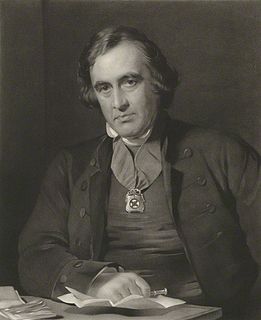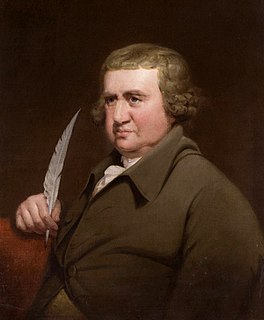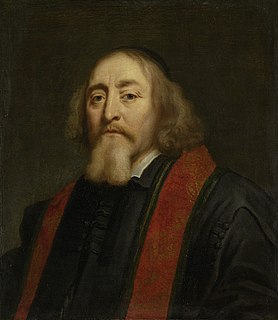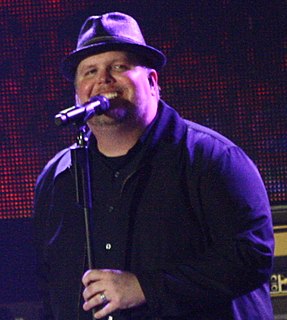A Quote by Richard Chenevix Trench
There is hardly a mistake which in the course of our lives we have committed, but some proverb, had we known and attended to its lesson, might have saved us from it.
Related Quotes
The lesson that Americans today have forgotten or never learned - the lesson which our ancestors tried so hard to teach - is that the greatest threat to our lives, liberty, property, and security is not some foreign government, as our rulers so often tell us. The greatest threat to our freedom and well-being lies with our own government!.
Hence when a person is in great pain, the cause of which he cannot remove, he sets his teeth firmly together, or bites some substance between them with great vehemence, as another mode of violent exertion to produce a temporary relief. Thus we have the proverb where no help can be has in pain, 'to grin and abide;' and the tortures of hell are said to be attended with 'gnashing of teeth.'Describing a suggestion of the origin of the grin in the present form of a proverb, 'to grin and bear it.'
If, in each hour, a man could learn a single fragment of some branch of knowledge, a single rule of some mechanical art, a single pleasing story or proverb (the acquisition of which would require no effort), what a vast stock of learning he might lay by. Seneca is therefore right when he says: "Life is long, if we know how to use it." It is consequently of importance that we understand the art of making the very best use of our lives.
We are not, of course, optimistic about our chances of success. Some form of ecocatastrophe, if not thermonuclear war, seems almost certain to overtake us before the end of the century. (The inability to forecast exactly which one - whether plague, famine, the poisoning of the oceans, drastic climatic change, or some disaster entirely unforeseen - is hardly grounds for complacency.)
Our ego ideal is precious to us because it repairs a loss of our earlier childhood, the loss of our image of self as perfect and whole, the loss of a major portion of our infantile, limitless, ain't-I-wonderful narcissism which we had to give up in the face of compelling reality. Modified and reshaped into ethical goals and moral standards and a vision of what at our finest we might be, our dream of perfection lives on--our lost narcissism lives on--in our ego ideal.
It has also been a great solace to me, to believe that you are engaged in vindicating to posterity the course we have pursued for preserving to them, in all their purity, the blessings of self-government, which we had assisted too in acquiring for them. If ever the earth has beheld a system of administration conducted with a single and steadfast eye to the general interest and happiness of those committed to it, one which, protected by truth, can never know reproach, it is that to which our lives have been devoted.
....You should keep dental floss on you at all times; when your eyesight goes, quit driving; don't keep too many secrets, eventually they'll eat away at you. But the most valuable lesson he taught me was this: Every day we get older, and some of us get wiser, but there's no end to our evolution. We are all a mess of contradictions; some of our traits work for us, some against us. And this is what I figured out on my own: Over the course of a lifetime, people change, but not as much as you'd think. Nobody really grows up.
We do, then, most solemnly before God and the world declare that regardless of every consequence, at the risk of every distress, the arms we have been compelled to assume we will use with perseverance, exerting to their utmost energies all those powers which our Creator hath given us to preserve that liberty which he committed to us in sacred deposit and to protect from every hostile hand our lives and our properties.





































